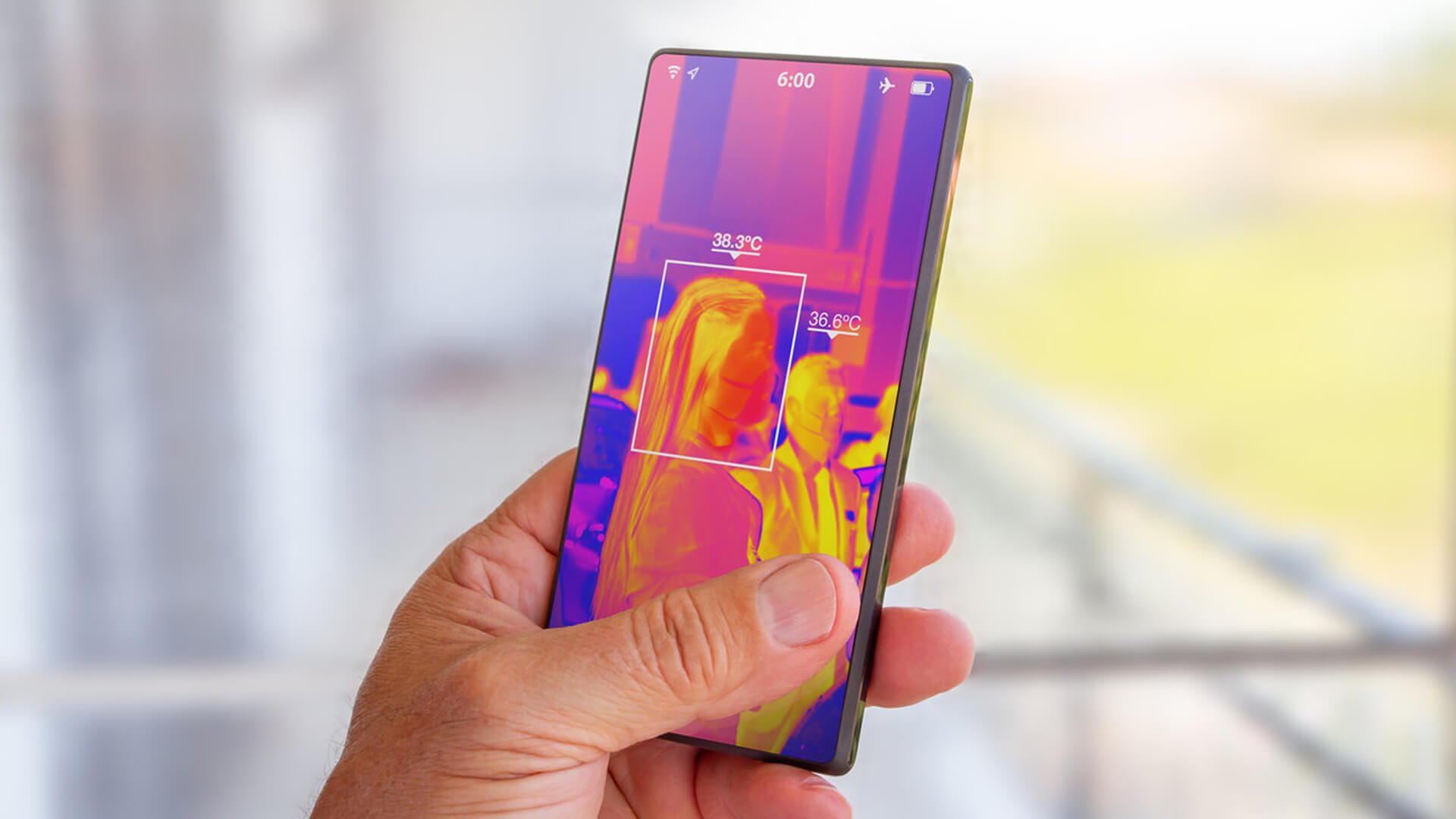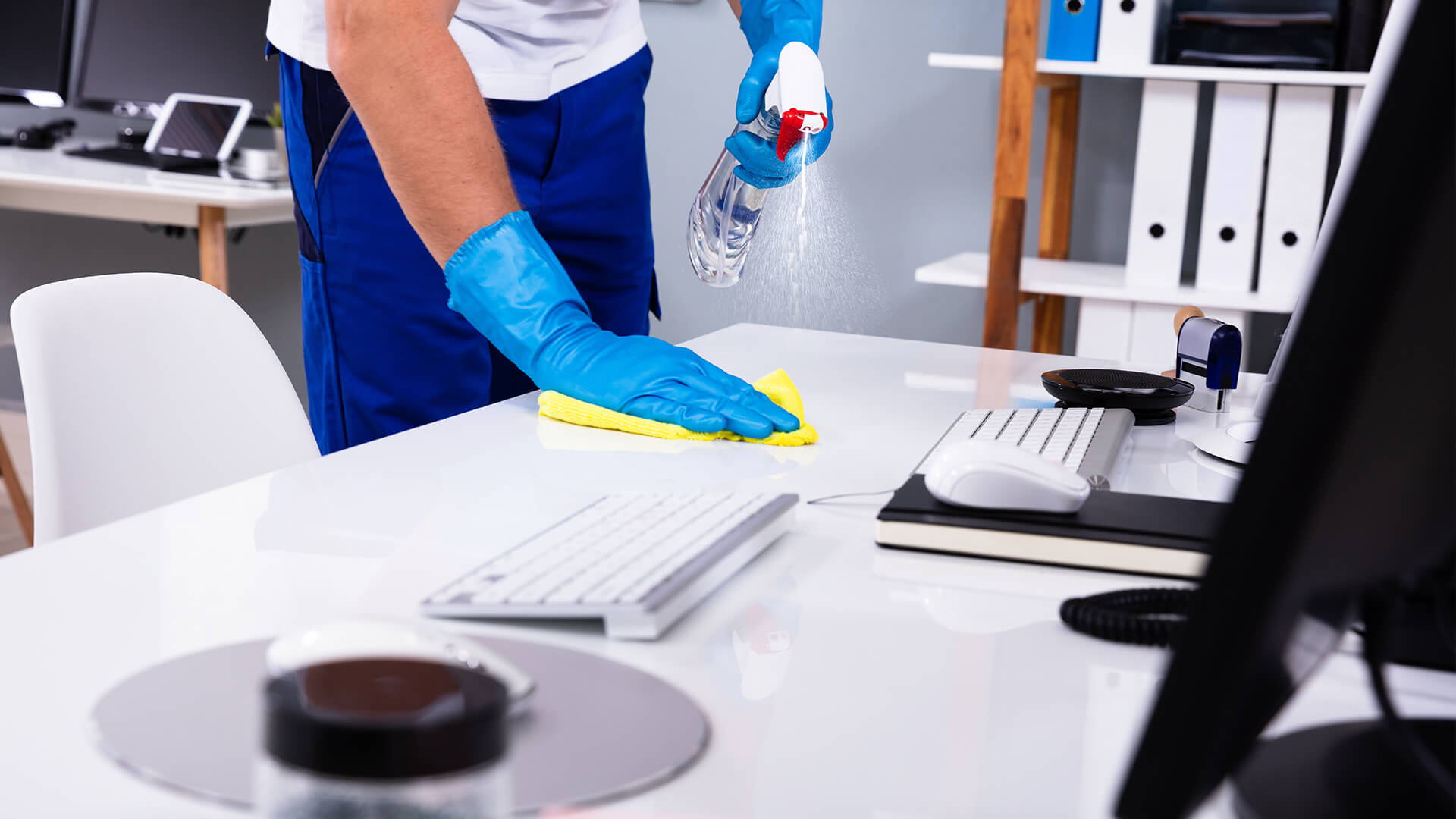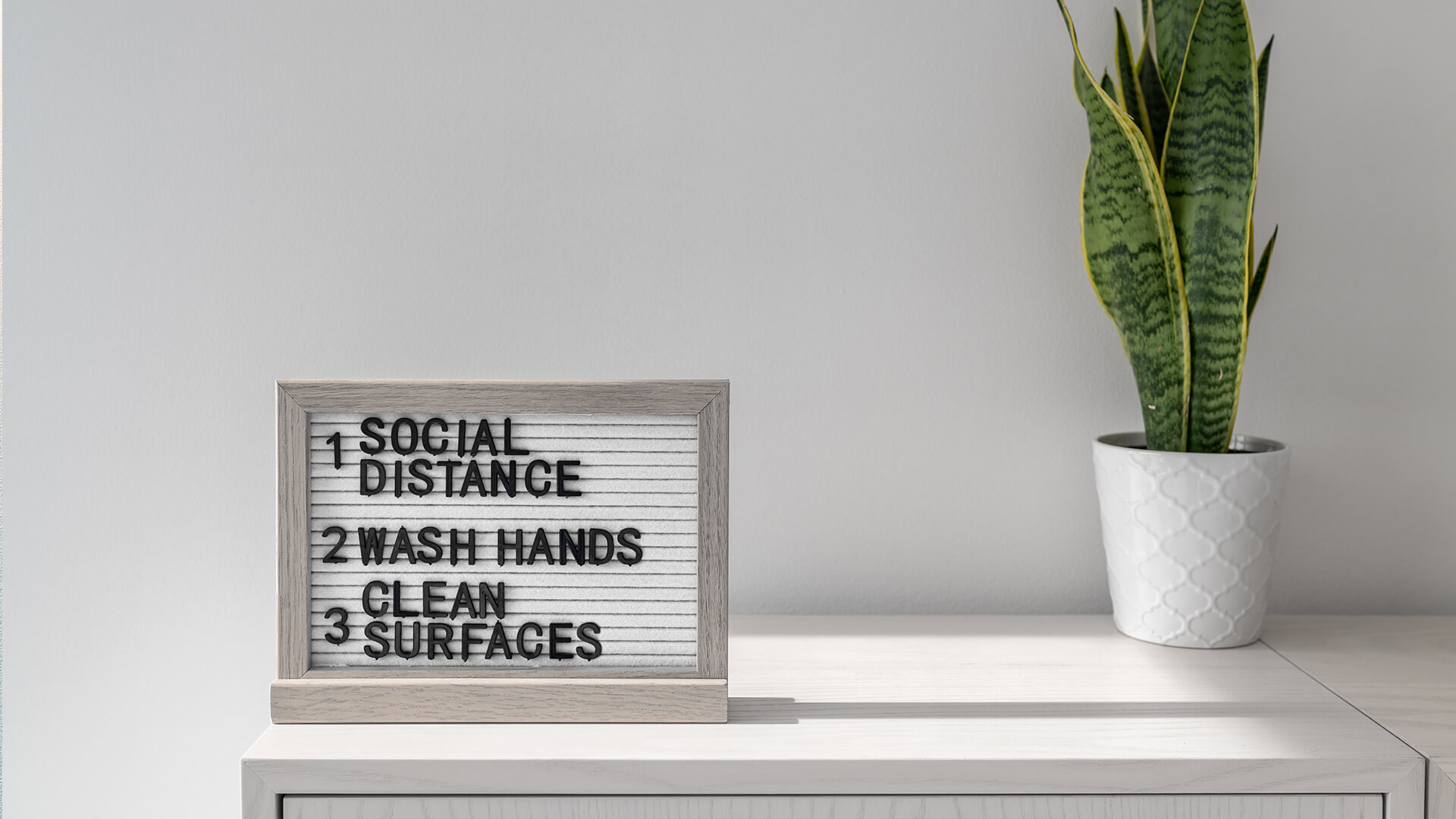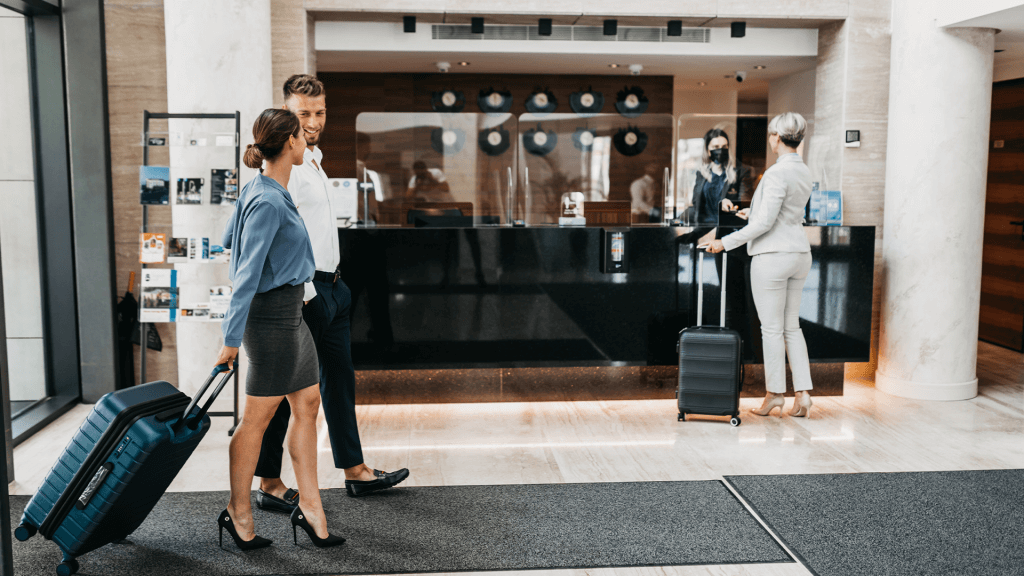7 Ways to Safeguard Staff as They Return to The Workplace
As lockdown restrictions ease, business activities resume and more employees come back to work, UK employers in all industries are facing a variety of employment law issues. As well as complying with new regulations, which will help to prevent the spread of COVID-19, employers must show staff that their health and safety is a priority.
A recent poll has found that 38 per cent of respondents would not feel comfortable with returning to work. In order to settle concerns, all employers have statutory obligations to provide a safe place of work and general legal duties of care toward anyone who may be accessing or using their place of business.
With this in mind, Bradley Wingrave, CEO of Smarter Technologies, a provider of smart building solutions and facilities management tools for businesses, details seven safeguards and precautions to take as your staff return to work.
1. Carry out a COVID-19 risk assessment
The first step in managing COVID-19 risks is to identify them. Employers should consult with workers or trade unions to carry out a COVID-19 risk assessment to establish what guidelines and measures are to be put in place.
Included in this should be consideration of all required business activities. For example, where travel bans begin to be lifted, business trips are likely to resume. With the risk to health still prominent, companies should consider whether they are necessary or if staff can use alternative methods of communication, such as conference calls and video meetings, or postpone trips until it is safer to travel.
Remember, all businesses with over 50 employees are expected to publish the results of their risk assessments on their websites.
2. Maintain two-metre social distancing

Employers in all industries should re-design their workspaces to maintain distances of two metres between people.
- In an office environment, this could mean staggering start times, creating one-way walk-throughs, opening more entrances and exits and changing seating layouts in break rooms.
- In retail, this could mean reducing the number of staff members working at one time, using markings to designate two-metre spaces between customers and using screens to create physical barriers between people.
- In restaurants offering takeaways, specific examples of social distancing measures include allowing kitchen access to as few people as possible, using one-way traffic flows and minimising contact at ‘handover’ points with other staff and customers, such as when presenting food to serving staff and dealing with delivery drivers.
In all businesses, social distancing measures must be considered for all parts of the workplace:
- Entrances and exits
- Restrooms
- Canteens
- Break rooms
- Stairwells
- Wherever employees spend most of their time
3. Manage transmission risk
Where possible, all employers should look into putting barriers in shared spaces and creating workplace shift patterns or fixed teams to minimise the number of people in contact with one another.
Hotdesking is advised against, although if it is unavoidable, for instance in call centres, the area must be deep cleaned between each user, and partitions can minimise transmissions.
Global workspace brokerage Office Freedom commented that flexible workspace providers have been some of the swiftest to respond to the challenges of making workplaces COVID-19 secure. Dave Carter Senior Marketing Consultant at the firm said: “Effective distancing, cleaning and hygiene are the cornerstones of this workspace evolution and non-invasive temperature checks are just one of a host of measures by which employees, residents and visitors can be kept safe.”
Office-based businesses should reduce the number of unnecessary visits to the workplace by encouraging interactions via remote connections, limiting the number of visitors at any one time and restricting access to required visitors only.
Another way to manage transmission risk is to introduce monitoring systems such as FeverCams, these use infrared thermal technology to detect high temperatures in individuals and therefore have the potential to identify an ill employee, even if wearing a mask.
These can be linked to a central database and dashboard so that the relevant people responsible can be notified immediately of a high-risk individual, this is done in a GDPR compliant way and allows for both employer and employee to acknowledge the data and act accordingly. Larger fever cameras can scan crowds, while smaller cameras can allow people to ‘self-scan’, managing the people entering the premises without the need for direct human contact.

4. Reinforce cleaning processes
All workplaces should be cleaned more frequently, paying close attention to high-contact objects like door handles, light switches and keyboards. Employers should provide handwashing facilities or hand sanitisers throughout the building and at entry and exit points.
Employers are required to ensure the frequent cleaning of work areas and equipment between uses and signs and posters should be used to help everyone keep good hygiene through the working day.
In retail shops, fitting rooms should be closed wherever possible. Where fitting rooms are essential, they should be cleaned between each use.
Some of the steps staff will need to take in restaurants include:
- Cleaning laminated menus or disposing of paper menus after each use
- Providing only disposable condiments
- Considering the need for additional cleaning and disinfection measures in kitchens
- Washing hands before handling plates and takeaway boxes
Similarly, as travel and tourism resumes, hotels need to ensure rigorous cleaning procedures are followed to ensure staff and guests are safe. Experts are suggesting that many will be opting to stay in private villas or holiday homes rather than hotels to avoid using shared facilities.
Alistair Brown CEO of Alistair Brown International Real Estate said: “Even simple things such as room cards need to be considered. Of course, this will require a lot of time, effort and cleaning resources so where possible, contactless services should be rolled out, including self-check ins and check outs or even digitalised lock systems whereby guests can enter their room with a code that has been emailed to them. This will be essential in the industry’s ability to compete with private villas and holiday homes in the post-COVID-19 world.”

5. Don’t forget other potential risks
The spread of the coronavirus isn’t the only threat that businesses need to manage and mitigate. As the UK heads into summer and businesses reoccupy buildings, Legionella bacteria pose a significant risk. Recent guidance from the PHE requires all businesses to flush out the water systems on their premises if they have been stagnant during the lockdown period, since these conditions may cause the presence of Legionella—bacteria that cause the potentially fatal Legionnaires’ Disease.
Regularly flushing the water at different parts of the system is also a crucial aspect of ensuring accurate testing. This involves the time-consuming and costly exercise of running all taps in the building for two minutes, recording the temperature, keeping these records for years and running this test regime indefinitely. However, new technology is automating the flushing and temperature testing process, helping businesses stay safe, achieve compliance and save time and money.
6. Keep a record
Where possible, a record should be kept of everyone who visits the premises. In the unfortunate case of an outbreak in the workplace, this record can aid the government’s test and trace service, allowing you to accurately recall who you have been in contact with.
7. Provide mental health support

Having lived under these restricting circumstances for almost three months, going back to work with concerns still lingering will be difficult for many. Employers need to recognise the difficulties their employees may be facing and provide the help and support they need to adjust back to some form of normality.
The far-reaching impact of the virus means that safety at work will not be the only cause for concern for employees. They may be worried about finances, childcare or elder relatives who are still at a greater risk, so for them to perform to the best of their ability to get the business back up and running, wellbeing support will be more essential than ever.
A ‘new’ normal
Ultimately, although some of the measures required to mitigate the risk of COVID-19 may be on the extreme side, the pandemic has forced employers to reconsider and give due attention to employee and workplace health and safety. The ability to implement heightened safety measures now will allow business owners and employers to become more aware of the extent of the measures they need to take in order to promote better health and safety in the future.

Stay updated with our latest publications.
Discover Issues
See how we can help you grow in the online space!
Advertise With Us
We can help promote your business.
Find Out More



